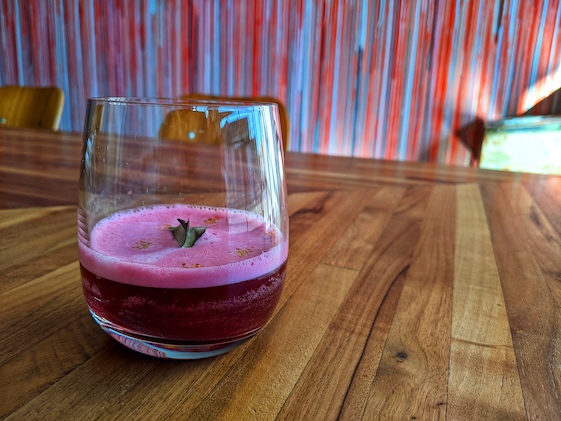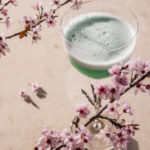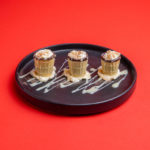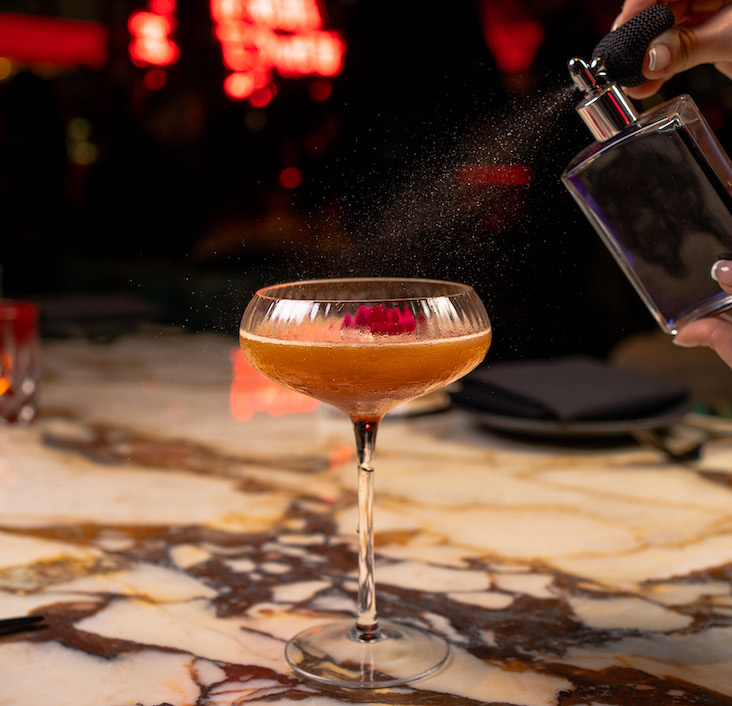Bulrush restaurant in St. Louis uses foraged ingredients and zero-waste practices to tell the stories of the Ozark region’s melting pot of people during the 19th century. In addition to the hyper-seasonal tasting menu and craft bar experience, Bulrush, which opened in 2019, prides itself on its selection of no-alcohol cocktails that also include foraged ingredients.
Chef/owner and expert forager Rob Connoley knew that he wanted a spirit-free program as extensive and challenging as the regular cocktail list for two reasons.
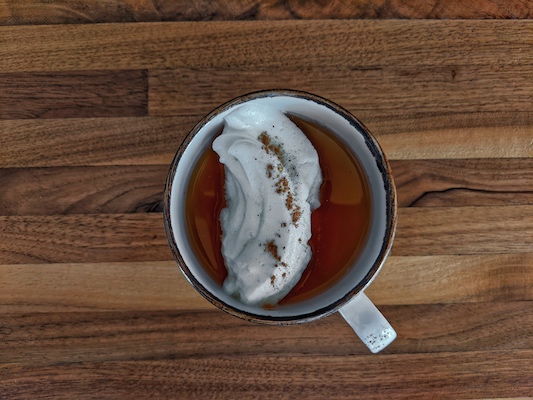
“First, I want every customer to have the same experience, meaning, regardless of if you’re drinking alcohol, each guest should have the same rhythm of food and drink flow, the same service interactions, and at the end of the meal feel like they had the same experience,” he says. “No one should feel like they’ve missed out by not enjoying alcoholic drinks.”
The second reason is simple: money. “When guests come to Bulrush, they’re coming for a special meal,” Connoley says. “It would be ridiculous of me to not offer an opportunity for every guest to enjoy the experience in a way that suits them, and in return, I am able to charge a price for the product.” The mocktails at Bulrush are priced at $11; cocktails are $16.
To preserve the authenticity of this nearly forgotten cuisine, Bulrush uses only ingredients that can be justified through historical research and knowledge of the time period. For example, there are no lemons behind the bar, because the fruit did not become available to the area until later in the 1900s. Instead, Bulrush uses of a variety of vinegars, kombucha and kefir—all made in-house—as substitutes for sour components.
“Our drink development is no different than our food menu development,” says Connoley. “We always start with an ingredient for inspiration, and then build flavors and textures around that initial ingredient to create a well-rounded cocktail.”
The current cocktail menu includes the Rum Cow #2, with chanterelle-infused rum, Cognac, black walnut ogreat, blackened corn and fennel; and the Paw Paw Sour, with paw paw fruit puree, paw paw vinegar, egg white and made with the choice of vodka or gin.
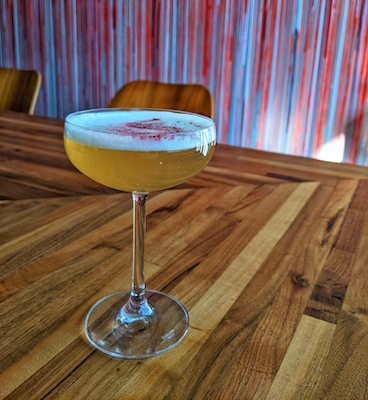
Spirit-free sips for the spring menu, created by mixologist Andy Printy, include the Maple Rag Time, which is 1 ½ oz. of chai, roasted sweet potato water and maple syrup, dispensed from an ISI nitro system into a Champagne glass and topped with sparkling water.
The Funny Fennel Fizz uses 1 ½ oz. of a local honey and fennel syrup in a coupe glass, topped with 2 oz. sparkling water, garnished with powdered beet.
The Missouri Marsupial (shown atop) combines 1 oz. of beet and green strawberry shrub and ½ oz. apple cider in a rocks glass, topped with tonic water, shiso oil and a torched bay leaf. And the Not Tea by Nature, served in a teacup, is 1 oz. of strawberry and watermelon shrub, topped with 3 oz. of Well Being Heavenly Body nonalcoholic beer and garnished with shiso foam and ground allspice.
Bulrush customers have embraced the spirit-free cocktails, with 80% of them enjoying some for pairing with their meal. “While some guests are in recovery, others are pregnant, and some are simply being responsible drivers,” Connoley says.
“Having the option on the menu, and not relegated to a ‘mocktail,’ conveys a level of care and complexity that makes the drinks more enticing, and it reflects in sales.”

